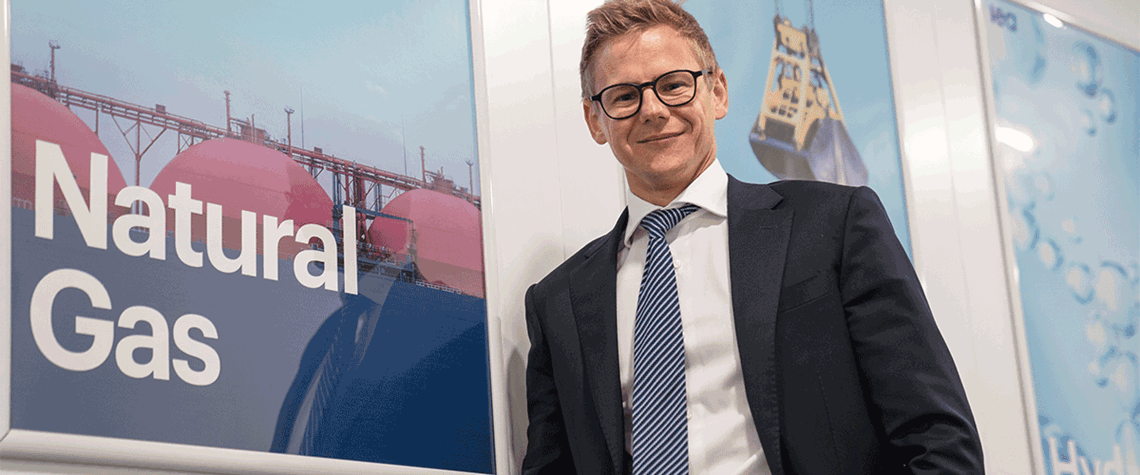IEA’s Molnar says LNG is more back-up supply than transition fuel
Russia’s invasion of Ukraine has forever changed gas markets and prompted renewed interest in storage and previously unattractive developments, but the long-term future of the fuel is doubtful
The shock to European gas markets caused by the war in Ukraine has reverberated all around the world, raising issues about global supply and the emergence of Europe as a premium LNG market, and planting seeds of doubt in Asia around its LNG push. There are also far-reaching consequences for security of supply infrastructure and storage as well as long-term thinking around the energy transition. Petroleum Economist dives deep into the issues with this exclusive interview with Gergely Molnar, the IEA’s top LNG analyst. How has Europe's new gas strategy changed the global LNG market? Molnar: When we look back to 2022, we see the European gas market suffered a major supply shock resulting from

Also in this section
17 February 2026
The 25th WPC Energy Congress, taking place in Riyadh, Saudi Arabia from 26–30 April 2026, will bring together leaders from the political, industrial, financial and technology sectors under the unifying theme “Pathways to an Energy Future for All”
17 February 2026
Siemens Energy has been active in the Kingdom for nearly a century, evolving over that time from a project-based foreign supplier to a locally operating multi-national company with its own domestic supply chain and workforce
17 February 2026
Eni’s chief operating officer for global natural resources, Guido Brusco, takes stock of the company’s key achievements over the past year, and what differentiates its strategy from those of its peers in the LNG sector and beyond
16 February 2026
As the third wave of global LNG arrives, Wood Mackenzie’s director for Europe gas and LNG, Tom Marzec-Manser, discusses with Petroleum Economist the outlook for Europe’s gas market in 2026







